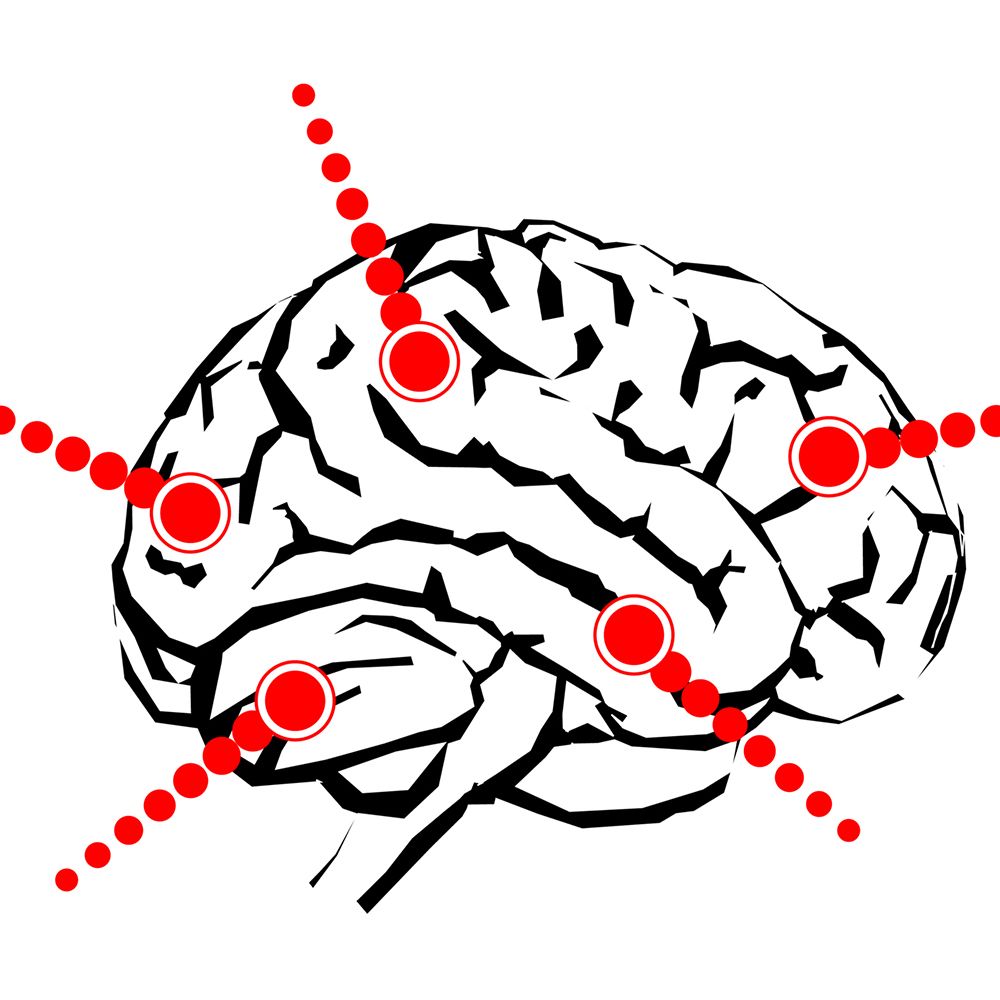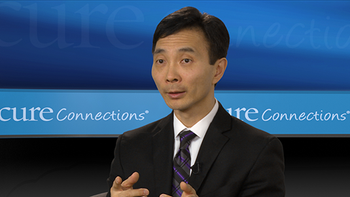
Brain Cancer
Latest News

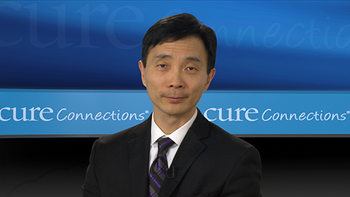
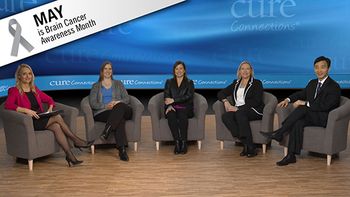
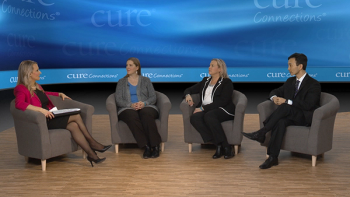
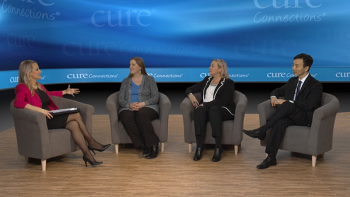
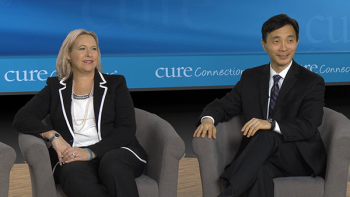
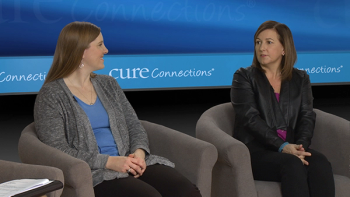
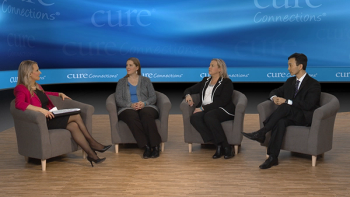
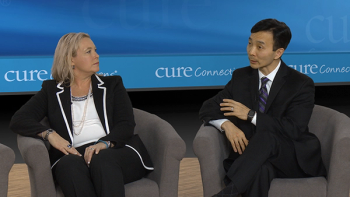
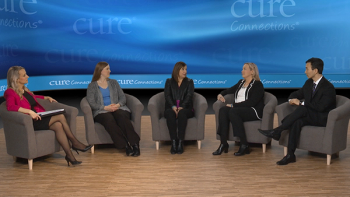
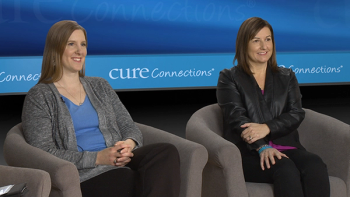
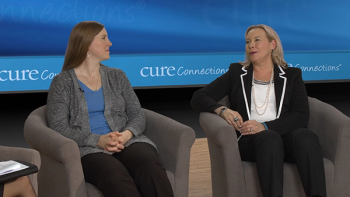
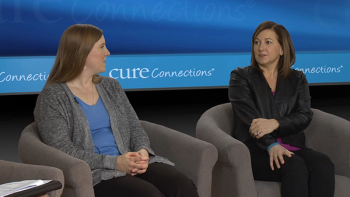
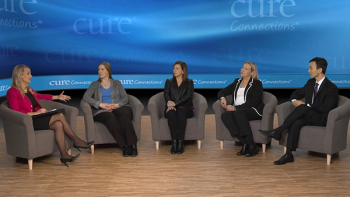
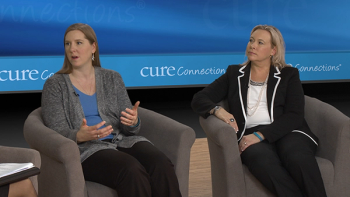
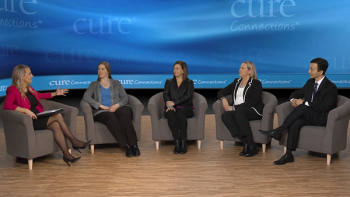
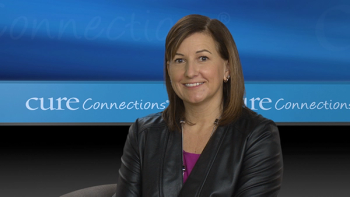
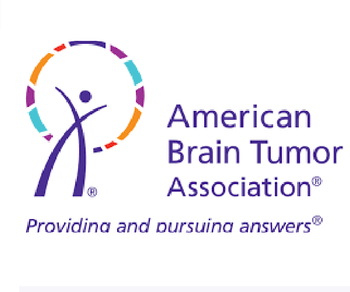
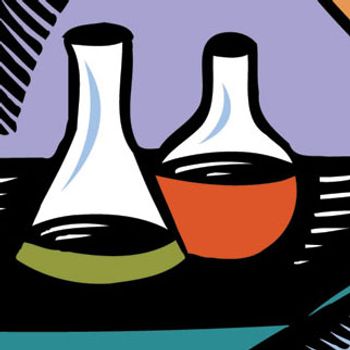
The immunotherapy will continue to be offered in the phase 3 trial and compassionate use programs.
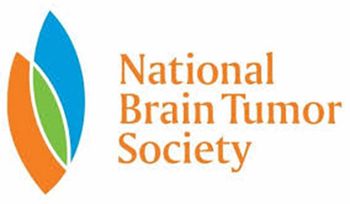
With dedication to research and advocacy, the National Brain Tumor Society is making strides in treatment of brain cancer.

Medical illustrations by Erin Moore explaining novel treatments for glioblastoma.

An organization does not have to be huge to do great things. In fact, armed with a dedicated board and a spunky child, Thea's Star of Hope is helping make advancements in pediatric brain cancer.
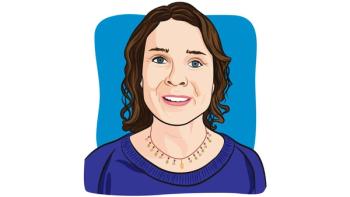
Over the last 15 years, and with more goals in 2016, ABC2 (Accelerate Brain Cancer Cure) advances breakthroughs in brain cancer research. Learn more in a conversation with Max Wallace the ABC2 CEO.

New treatments, such as immunotherapy, are continuing to prove successful for patients with glioblastoma, one of the most dangerous cancers.
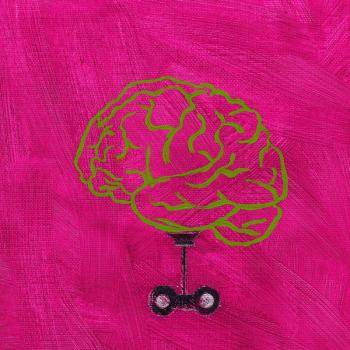
The coming years look promising for advances in treatment of pediatric brain cancer, according to Matthias A. Karajannis.

